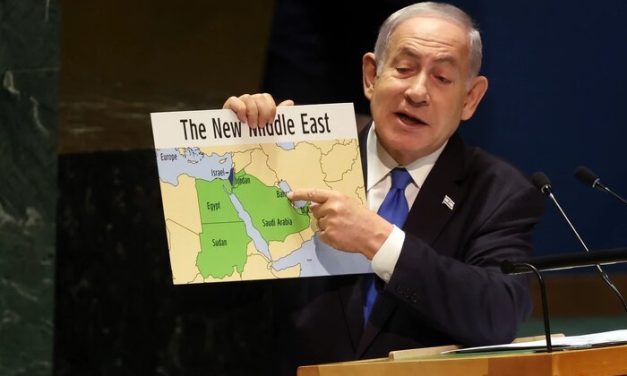In an interview with the website of the Strategic Council on Foreign Relations, Hassan Beheshtipour, referring to the Russian ambassador’s criticism of Finland’s action in closing its borders with Russia, said: “During the Cold War, Finland’s policy, as well as Sweden’s, was a policy of neutrality, which led to the conclusion of the Helsinki Treaty and de-escalation in 1975. This treaty was a turning point in the history of disarmament on the international scene and led to the creation of the Organization for Security and Cooperation in Europe.
He added: “But Russia’s war with Ukraine actually caused two important neighbors of this country, Sweden and Finland, to become NATO members, which was a big blow to Russia. “Although the importance of Ukraine is much greater than that of Finland because it shares a 1,586-kilometer border with Russia, in any case, today Finland, Sweden, and Norway are under the NATO flag.”
According to Beheshtipour, the Republics of Latvia, Estonia, and Lithuania also joined NATO in the previous years. Therefore, the reality is that in the post-Ukraine war period, Russia is practically surrounded by Europe.
This expert continued: “Moscow is now paying more attention to developing relations with China, Iran, Turkey, Saudi Arabia, the United Arab Emirates, and India.” Russia is trying to circumvent the sanctions in this way.”
He added: “Since Turkey, India, China, the UAE, and Saudi Arabia have played a prominent role in helping Moscow bypass circumvent sanctions, Russia’s reliance on these countries is more significant.”
Beheshtipour emphasized: “Of course, Russia’s sphere of influence in Central Asia and the Caucasus has been somewhat weakened. “Europeans and Americans have shown more attention to Central Asia, both because of more pressure on Russia in its backyard and because of China’s border with Central Asia.”
The expert on Russian issues said: “The relationship between Kazakhstan and Russia after the Ukraine war is very significant. Because Kassem Jomart Tokayev, the president of Kazakhstan, faced the problem of civil war in January 1400 due to increased fuel prices. At that time, the organization of the collective security conference, which consists of seven countries and was chaired by Russia, took military action in April 1401 and practically saved Tokayev from being overthrown. But Tokayev made it clear at the St. Petersburg meeting a few months after the start of the war that “We do not support Russia’s position in the war and declare neutrality.” Putin was also present at this meeting.
Beheshtipour emphasized: “Tokayev claimed that a significant population of Russians lives in Kazakhstan, and therefore, the same disaster that happened to Ukraine under the pretext of supporting Russians may also happen to Kazakhstan.”
He also explained about the position of Russia’s neighboring countries, especially European countries, regarding the issue of the war in Ukraine: “These countries do not all have a single position; Latvia, Estonia, Lithuania, Finland and Norway are against this war. Poland has supported Ukraine because it is concerned about Russian military intervention. “But Belarus is an ally of Russia, and its position is completely aligned with the Kremlin.”
According to this expert, one of the reasons for these countries getting closer to NATO is that they take Russia’s threat seriously, and Russia’s military intervention in Ukraine has led them to the conclusion that their action in joining NATO was correct because they could not face the threat of Russia alone.”
Beheshtipour also said about Finland’s position: “Today, Finland has a very sensitive position. Of course, it seems that the Finns don’t want to get involved with Russia and are more interested in maintaining their relations with this country. Still, as a precaution, they want to create a safe environment for themselves by joining NATO. Because in a historical period, Finland had received threats from Russia, and today, by being a member of NATO, it has been able to close Moscow’s hands in its possible actions.










0 Comments